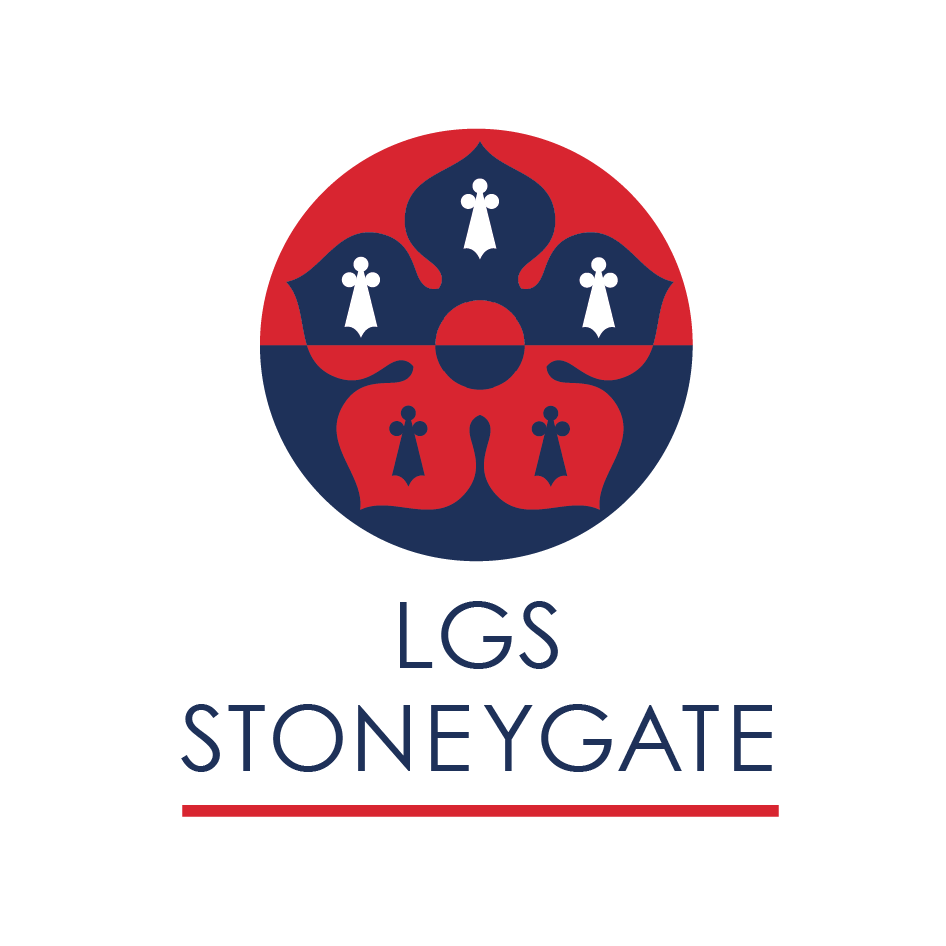Politics
Politics has always been regarded as an activity that has the potential to be a little ‘dirty’. Indeed, the American journalist Ambrose Bierce went as far as to define politics as ‘a means of livelihood affected by the more depraved portion of our criminal classes’. This sentiment is echoed, in part, in our experience of British Politics. Here, our politicians are increasingly seen as evasive and dishonest; obsessed with ‘spin’ and image rather than with the process of making good policy. One result of this, some argue, is political apathy – as reflected in the dramatic decline in voter turnout (down to only 59.4% at the 2001 General Election, 61.5% at the 2005 General Election and 66.1% in 2015).
Regardless of what we think about politicians, however, we ignore the workings of government at our peril. Unless we understand how government works we will never be able to play a full and active part in society. We will always be on the receiving end of other people’s wisdom, rather than being in a position to advance our own agenda. The aim of the Politics department, therefore, is to equip students with the analytical ability to understand and appreciate how the exercise of political power affects the world in which they live.
A Level
The Politics department is in the process of transition. The lower sixth have started the new linear two year examination syllabus as of September 2017 and are following the Edexcel exam board course. In brief the components of the new course are as follows: UK Politics and Government, Core Political Ideas (Liberalism, Conservatism and Socialism), an optional Political Idea, (Multiculturalism), US Politics and Government and Comparative Government. The upper sixth still currently follow the AQA exam board course. Their A2 year comprises two taught modules in which students study US Politics and Government. All assessment is undertaken via end of course exams for the new lower sixth and end of year exams for the current upper sixth. There is no coursework component for either lower or upper sixth.
The Department uses a variety of teaching and learning strategies. Given the nature of the subject many of the sessions will, by necessity, be led by the teacher. However, our introduction will generally lead into a more two-way questioning and discussion session once the foundations are in place.
In addition:
- We make extensive use of audiovisual materials;
- Many units of the course allow opportunities for students to conduct their own research;
- Student presentations will be used in some sections of the course;
The department has a strong record of academic achievement and is proud to announce that in the 2016 June exam series 80% of A2 students achieved grades A*- B and in the 2017 June exam series 75% of students achieved grades A-B.
Co-Curricular
We host mock-elections for all of the major elections and referendums. We will also be launching a Politics Club in order to encourage students to take an interest in and to discuss aspects of politics not covered by the course itself.
Trips
The department runs an annual trip to the Houses of Parliament and UK Supreme Court in London for students in the lower sixth year. During this trip students will be able to see, at first hand, the House of Commons and House of Lords as well as the modern complex of Portcullis House, where much of Parliament’s committee work takes place. They will also visit the new UK Supreme Court situated just across from the Palace of Westminster in Parliament Square.
Students in the upper sixth attend a revision conference in the Lent term designed to help them to prepare for the final exams.




